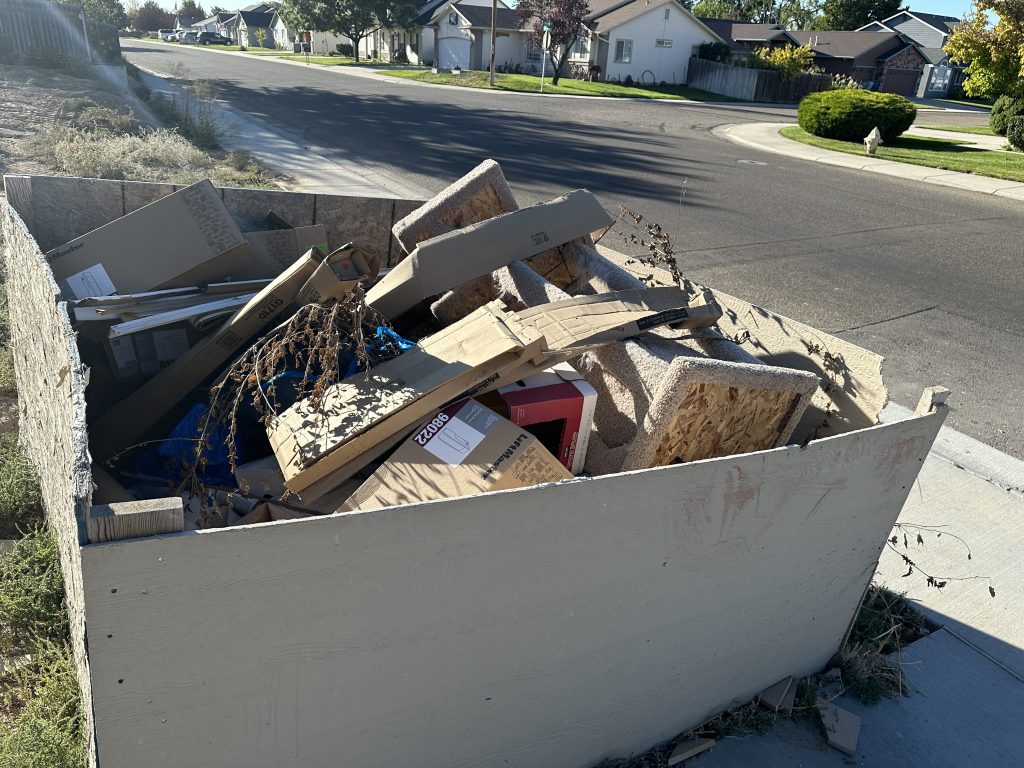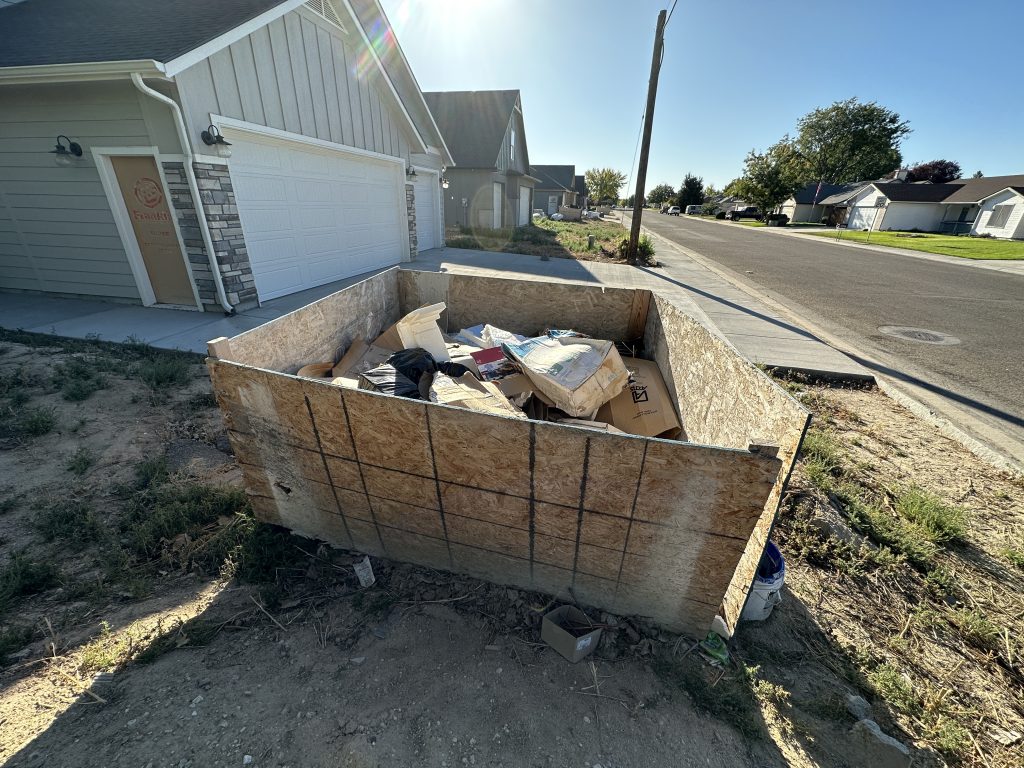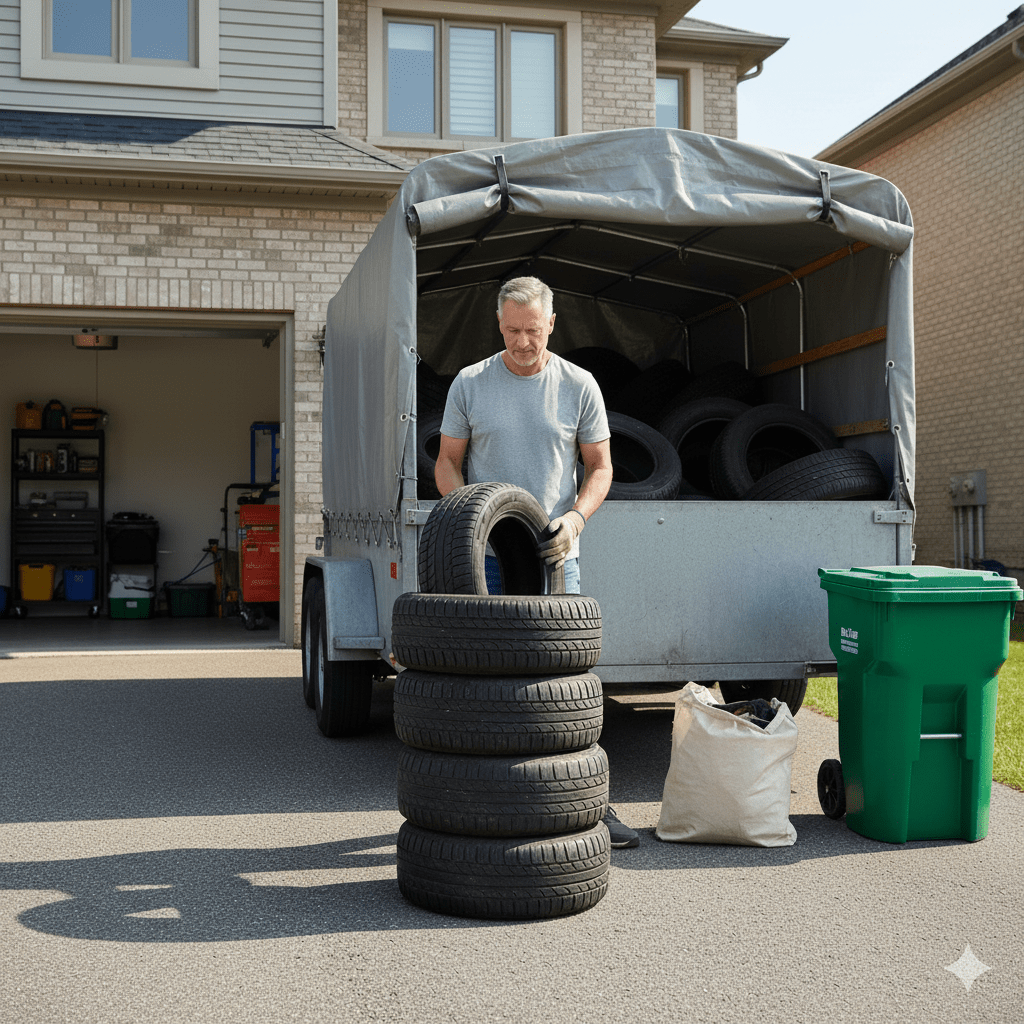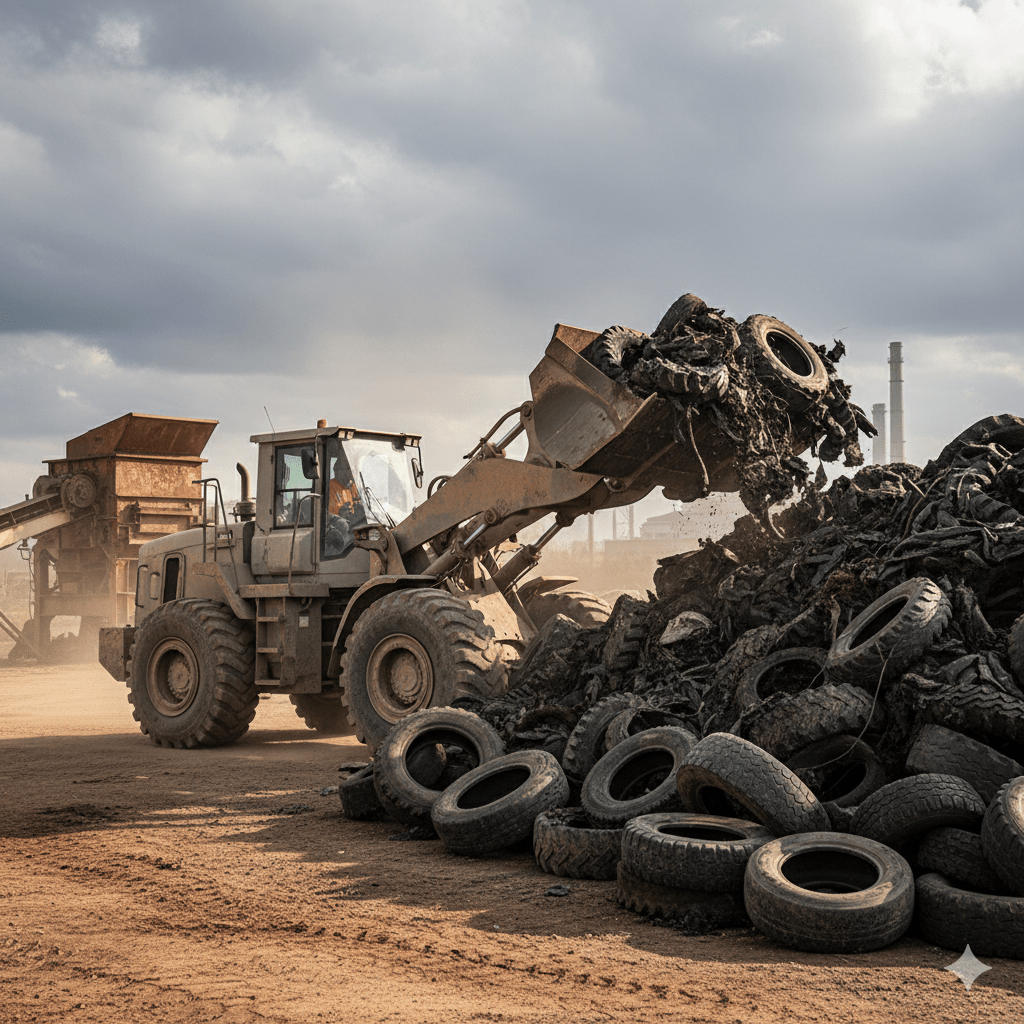Here’s the thing about post construction cleanup—it’s necessary, but it doesn’t have to be an environmental disaster. Traditional methods often involve harsh chemicals, endless garbage bags, and enough wasted water to make your utility bill cry. But smarter, greener options exist, and they’re not just for tree-huggers. Builders, property managers, and homeowners are realizing that sustainable construction cleanup services save resources, protect health, and sometimes even cut costs.
Let’s look at the eco-friendly side of construction site cleanup—what works, why it matters, and how it can change the way we treat the mess left behind.
Utilizing Green Cleaning Products
The usual arsenal—bleach, ammonia, solvent-heavy sprays—gets the job done, but at the expense of indoor air quality and sometimes your lungs. Swap those out for biodegradable cleaners that can tackle tile adhesive cleanup, tile and grout cleanup, or even drywall dust cleanup without leaving behind toxic residue.
Green products aren’t weaker; the good ones can handle everything from window cleanup streaks to sanitizing a cleanup kitchen sink. When construction cleanup companies choose non-toxic formulas, everyone benefits—workers avoid headaches from fumes, and clients move into healthier spaces.
Implementing Recycling Programs for Debris
Not every scrap from post construction cleanup services belongs in a landfill. Wood, metal, drywall, and even intact cabinets can be sorted and repurposed. That leftover lumber? It doesn’t have to rot in a dump. Same goes for appliances from a remodel—why toss a unit when a donation program can give it new life, avoiding unnecessary water heater cleanup or landfill dumping?
The best construction cleanup companies often partner with local recycling centers or donation outlets. Sorting may take extra effort, but it reduces construction cleanup cost tied to landfill fees and makes a measurable environmental impact.

Optimizing Water and Energy Usage
Scrubbing grout haze and powering industrial vacuums can use a shocking amount of resources. The greener approach? Optimize. HEPA vacuums for drywall cleanup capture dust more efficiently with less repeated work. Microfiber cloths cut down on chemical use and water waste. Pressure washers with adjustable nozzles clean efficiently without drowning surfaces.
Even something small—like shutting off machines when not in use—helps. Eco-conscious construction site cleanup services don’t just haul debris; they build efficiency into every stage, whether that’s during commercial construction cleanup or small residential construction cleanup jobs.
Supporting Sustainable Disposal Methods
Landfills are not bottomless pits. Every load of debris has to go somewhere, and sustainable disposal methods matter. Recycled concrete becomes aggregate. Old metal fixtures feed scrap yards. Leftover insulation from an attic insulation cleanup project can be repurposed rather than trashed.
A solid construction cleanup company knows local regulations and disposal options. Instead of just dumping, they make sure waste goes where it can do the least harm—or even some good. That’s what separates fly-by-night operators from professionals who treat sustainability as part of their service, not a marketing gimmick.
Encouraging Client Collaboration for Greener Solutions
Eco-friendly post-construction cleanup isn’t just about what the service provider does. Clients play a role too. Simple steps—like separating recyclables during a remodel, requesting green cleaning products, or budgeting for sustainable disposal—make the process smoother.
The best construction cleanup services actively encourage this collaboration. They explain how certain choices—say, pre-sorting debris or reducing single-use plastic during a project—help keep costs down while keeping practices green. In the end, greener cleanup isn’t a solo act; it’s a partnership between the construction cleanup company and the client.
The Final Word
Sustainability in construction cleanup isn’t about perfection; it’s about progress. Eco-friendly practices—green cleaning, recycling, resource optimization, sustainable disposal, and client collaboration—stack up to make a real difference.
The next time you’re searching “construction cleanup” or weighing bids from construction cleanup companies, don’t just ask about price. Ask how they handle drywall mud cleanup, what happens to debris after pickup, and whether they care about leaving more behind than a spotless property—like a lighter environmental footprint.
Because a truly “finished” project isn’t just clean—it’s responsibly cleaned.






